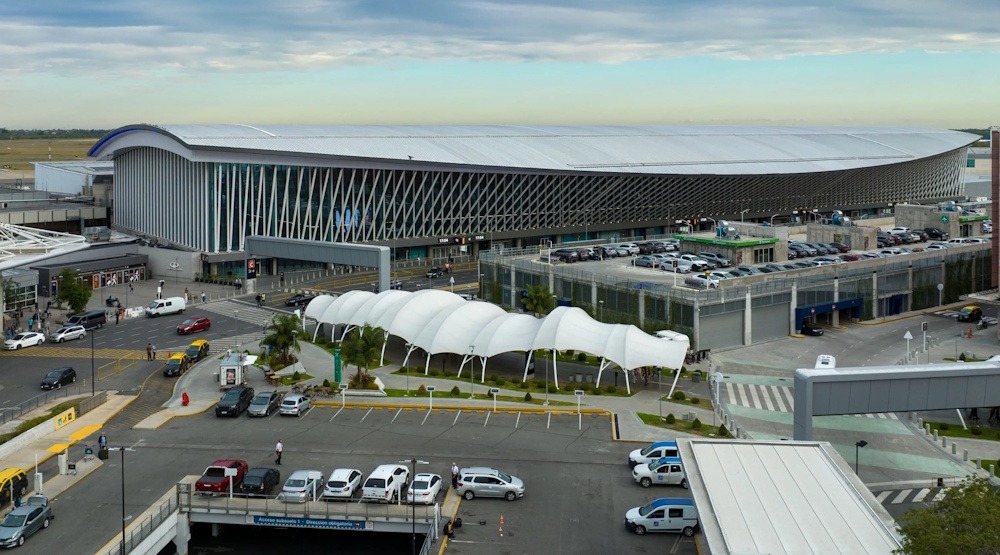A chartered flight transporting 17 Argentines who were deported from the United States arrived at Ezeiza International Airport during the early hours of Thursday morning, following layovers in Colombia and Brazil. The Boeing 767-300, under the operation of Omni Air International for the US Department of Homeland Security, made its landing at approximately 3am. The deportees arrived via the private terminal prior to reuniting with their relatives. The aircraft took off from Perot Field Fort Worth Alliance Airport in Texas on Wednesday, making stops in Bogotá and Belo Horizonte.
The report of the flight, initially disclosed by the Clarín newspaper on Wednesday, reveals insights into a continuing process of deportations. Reports indicate that the Milei administration, along with Argentina’s Ambassador in Washington, Alec Oxenford, endeavored to maintain the confidentiality of the operation. During his White House campaign, US President Donald Trump pledged to deport millions of undocumented migrants. He has urged US authorities to adopt a more assertive stance as he aims to achieve his widely-publicized goal of one million deportations each year. Argentina will refrain from lodging a formal protest, in contrast to other nations impacted by the measure, yet will express annoyance – not with standing Milei’s seemingly close ties with US President Trump, the country has effectively been categorized alongside Venezuela and Brazil regarding deportation issues.
U.S. authorities indicated that the deportations are aimed at foreign nationals who have entered the country unlawfully, engaged in criminal activities, or are deemed to pose security threats. As of now, over 300 Argentines have faced deportation from the United States during Trump’s second term, a fact that had remained undisclosed until recently. The Trump administration has articulated that the deportations are intended to repatriate foreign nationals who have breached US immigration laws, specifically those who have entered the country unlawfully, engaged in criminal activities, or are deemed security threats. Certain deportees faced allegations of significant violations of US federal law, encompassing immigration offenses, automobile theft, rape, sexual assault, and the sexual exploitation of a minor. Several of the deportees contested the characterization of themselves as criminals.
“We are not criminals,” some Argentines stated to the press upon their arrival at Ezeiza. Maximiliano García, aged 49, reported that he was apprehended due to a “supposed deportation order” from 2015, which he asserted he had never been informed about. García, a resident of the United States since 2001, possessed a family and held a valid work permit. “It’s peculiar to find oneself detained in such an extraordinary circumstance, as this Trump administration represents a dark chapter in the illustrious history of the United States.” “To them, we are criminals,” he stated. García, who has been in detention since August 21, clarified that his arrest occurred while he was present at an immigration office in Orlando for a family-related procedure. “My daughter is 21, and after completing the paperwork, they instructed me to ‘step aside for a few extra questions.’” That is the moment they apprehended me. “There is a striking level of hatred and racism in this miserable Trump administration,” García said, adding: “I wasn’t afraid, but they are breaking families apart.” I was detained in a facility located in Miami. “With Biden, this didn’t happen.”
Another deportee, 25-year-old Mario Robles, emphasized that some of those expelled were not criminals. He stated that he had been detained during his travel to San Antonio, Texas, without providing a specific reason. “We are not criminals; we did not kill or rape.” At this juncture, my primary desire is to be in the company of my family. “It’s hard being far from them, though I’ve been surrounded by good people,” said Robles, who was informed that he could not return to the United States for five years.

